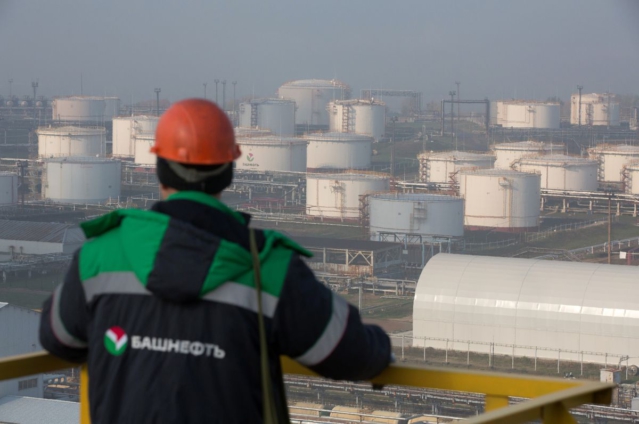Last month, Reuters market analyst John Kemp warned that India’s slowing oil demand growth could act as a drag on oil prices despite consumption recently hitting record highs. India’s oil sector recorded robust growth as consumption increased by ~255,000 barrels per day (bpd) during the first seven months of the current year and was expected to slow down for the rest of the year.
Commodity analysts have also started sounding alarm bells over demand destruction as oil prices continue their forward march.
“I think you need to see crude oil prices at $100 to $110 per barrel with gasoline prices rising to $4.00 to $4.25 per gallon to have the consumer change their driving habits resulting in demand destruction. We do believe that there will be substantial demand destruction at WTI prices above $95 per barrel, which will drive the commodity back into our fair value range, “Andy Lipow, president of Lipow Oil Associates, has told Yahoo Finance.
But it turns out these bearish concerns could be overdone, at least on India’s part. The latest S&P Global data shows that oil demand growth in India actually accelerated to 270,000 bpd Y/Y in August, a 6% increase thanks to a stronger-than-expected economy. India’s oil demand is expected to pick up again in the October-December quarter due to the onset of the festive season after falling in the monsoon season in India. India’s oil demand growth is expected to average 239,000 bpd for 2023, 7% above 2019 levels, with demand growth in 2024 expected to be 11% above 2019 levels.
Growth Runways
Over the past couple of decades, China has carried the lion’s share of global oil demand growth thanks to the country’s remarkable economic boom. But signs are legion that China’s growth machine has finally hit the skids and may never return to its glory days. The factors that helped sustain China’s rapid growth since the global financial crisis are unlikely to be replicated in the next decade, particularly in sectors of property construction and local government investment. Indeed, China’s economic slowdown has mainly manifested in the property sector’s decline, hardly surprising considering that the industry represented 20 to 25 percent of GDP at its peak. Unfortunately, new annual housing starts are now down 57 percent, with the sector expected to remain below half of its previous size over the next decade.
And, China is also poised to lose its prominence in global oil markets.
“China’s role as a global oil demand growth engine is fading fast,’’ Emma Richards, senior analyst at London-based Fitch Solutions Ltd, has told The Times of India. According to the analyst, over the next decade, China’s share of emerging market oil demand growth will decline from nearly 50% to just 15% while India’s share will double to 24%.
But it’s not just a dramatic slowdown in its economy that will make China a less important player in global oil markets. The country’s booming EV sector will rapidly lower oil demand much faster than India’s: China sold 6.1 million EVs in 2022 compared with just 48,000 sold in India.
A couple of weeks ago, Sinopec revised its oil demand forecasts downwards, saying peak domestic gasoline demand has already passed and it’s going to be downhill from here thanks to China’s EV revolution. If accurate, the repercussions will be global considering China has for long been the biggest growth market for refined oil products. According to CNEV Post, Chinese new car buyers are now choosing “new energy vehicles” (battery-electric and plug-in hybrid cars) at a rate of 37.8%, up from just 5.4% in 2020. Whereas Scandinavian countries like Norway (87.8%), Iceland (56.1%) and Sweden (56.1%) lead in terms of EV adoption, China still sells ~10x more EVs than all those three combined. Further, China has a lot more room for growth given its huge population and the fact that currently, less than 5% of cars on Chinese roads are NEVs.
Sinopec now forecasts that 2024 and beyond will see declining gasoline demand.
In contrast, India is nowhere near as aggressive with its clean energy push. Last year, India’s coal minister declared that the country has no intention of ditching coal from its energy mix any time soon. Minister Pralhad Joshi said that coal will continue to play an important role in India until at least 2040, referring to the fuel as an affordable source of energy for which demand has yet to peak in India.
“Thus, no transition away from coal is happening in the foreseeable future in India,” Joshi said, adding the fuel will continue to play a big role until 2040 and beyond.



